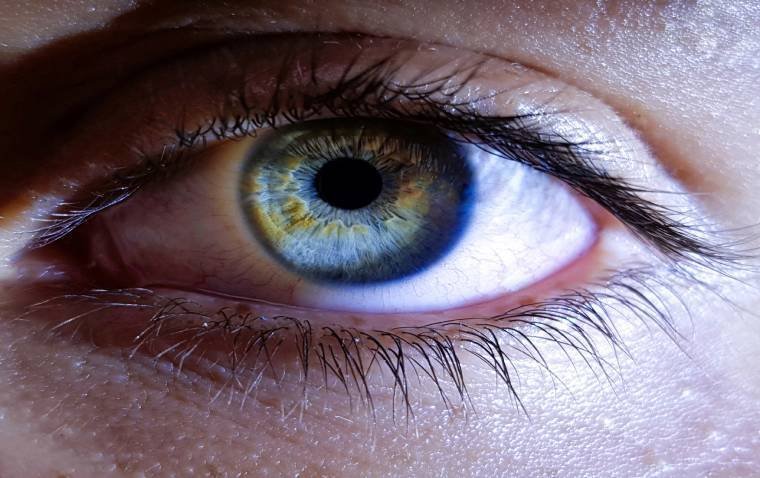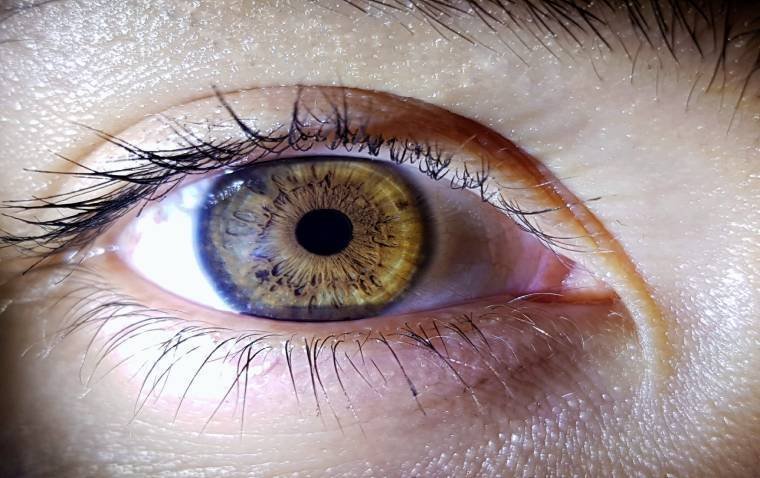
A new study published in Communications Biology has uncovered two distinct yet interconnected mechan...
read moreNew research from the University of Surrey introduces a pioneering computer model that simulates how...
read moreA recent research letter published in JAMA Ophthalmology reveals that access to ophthalmologists in ...
read moreChildren who undergo surgery for primary congenital glaucoma (PCG) may experience significantly bett...
read moreA groundbreaking real-world evaluation platform has been developed to assess the fairness, accuracy,...
read moreResearchers at the Eye Genetics Research Unit at the Children's Medical Research Institute (CMRI) ha...
read moreA new study from researchers at EPFL introduces a promising non-invasive brain stimulation technique...
read moreStandard vision assessments used for older children and adults are unsuitable for toddlers, especial...
read moreA team of researchers from Aalto University has introduced a promising laser heat treatment for dry ...
read moreA study led by Tiffany Schmidt, Ph.D., Associate Professor of Ophthalmology and Neurobiology at the ...
read more More
More










